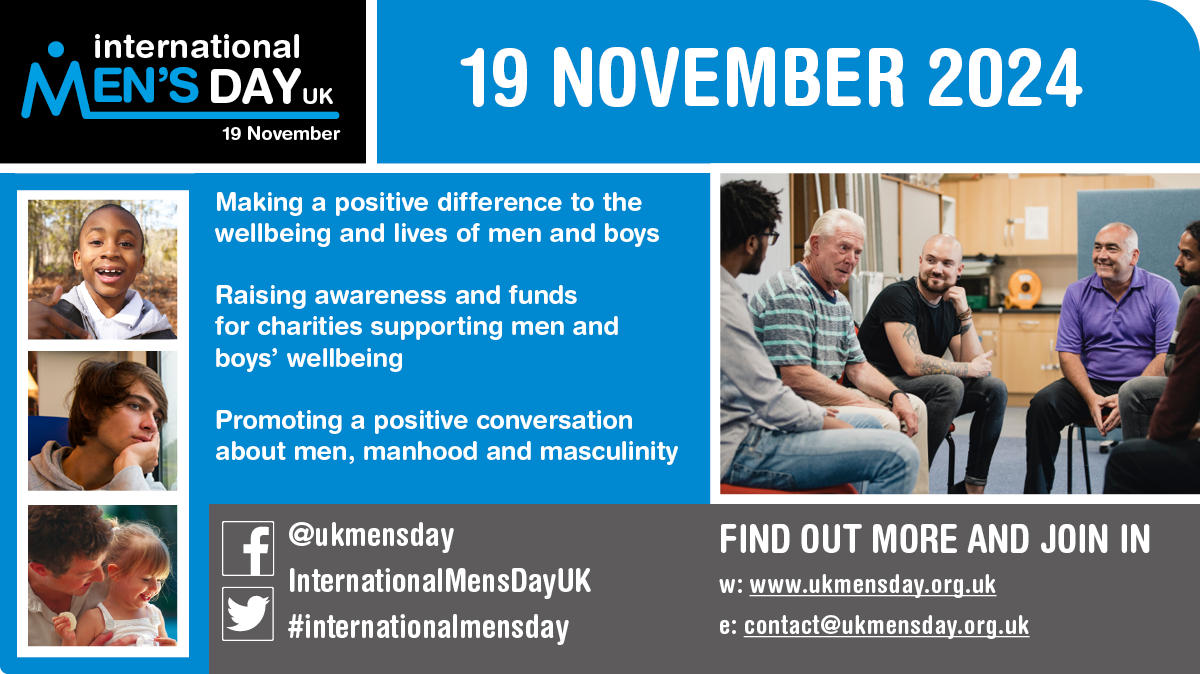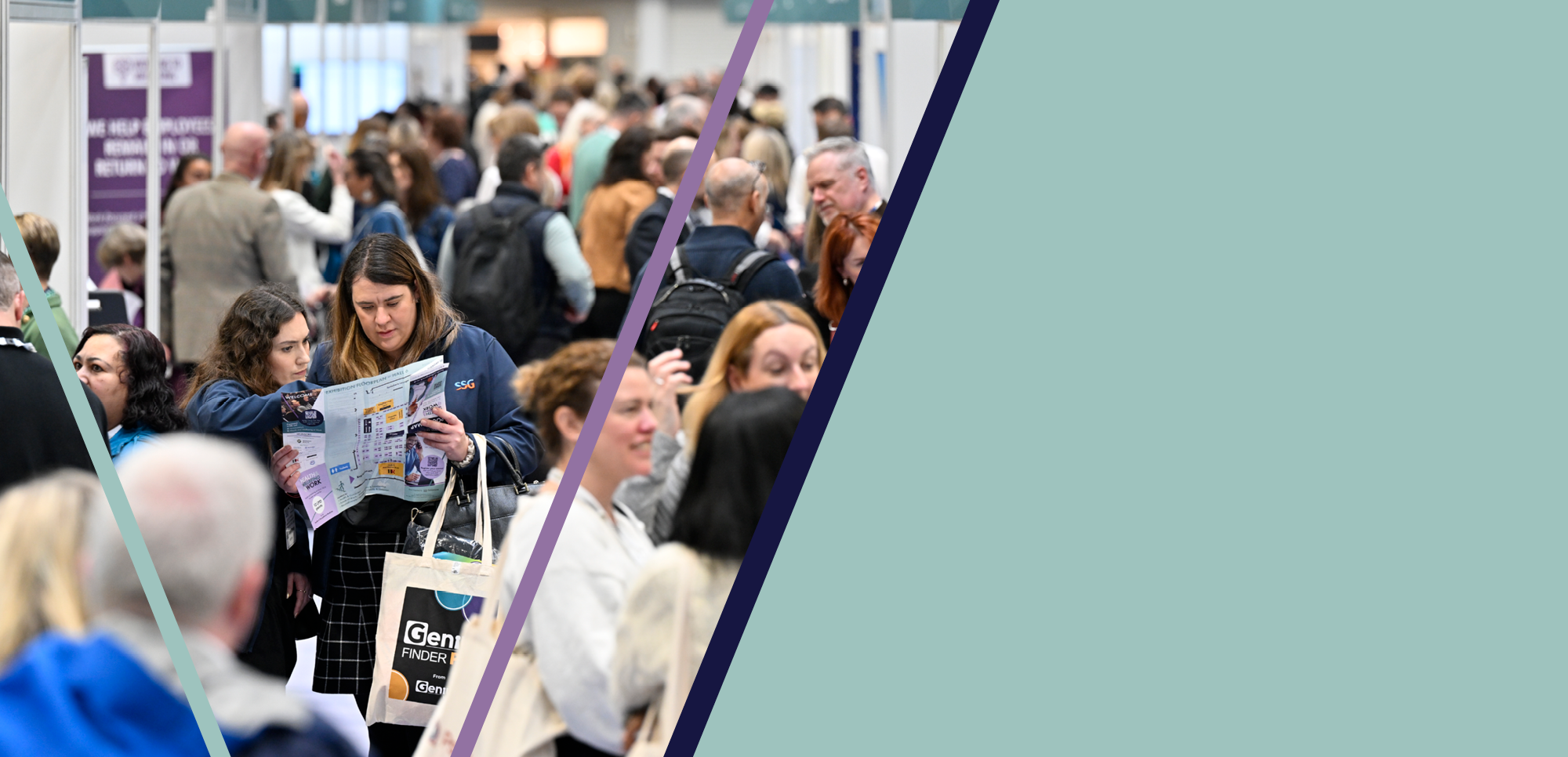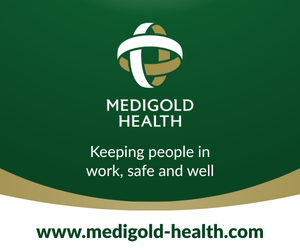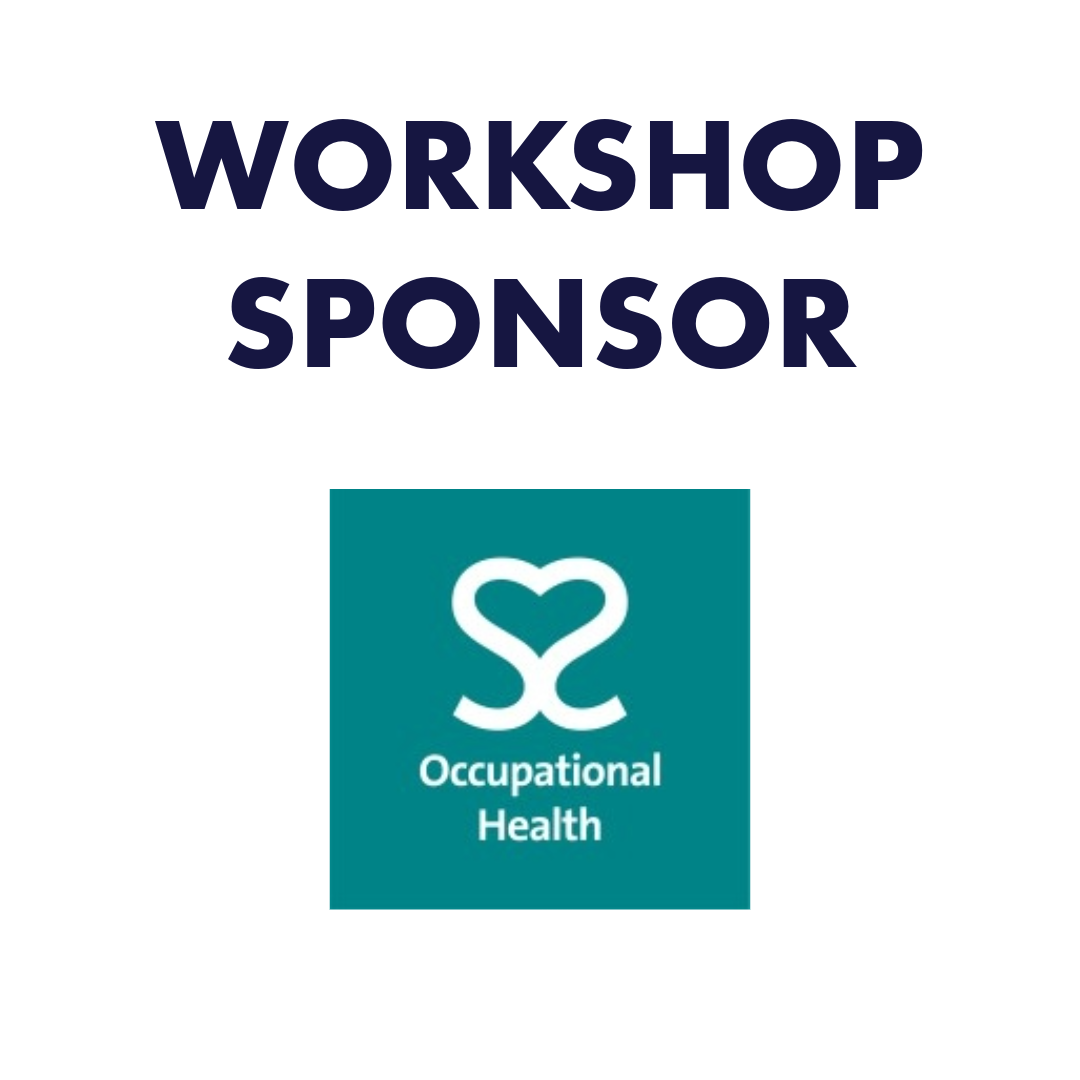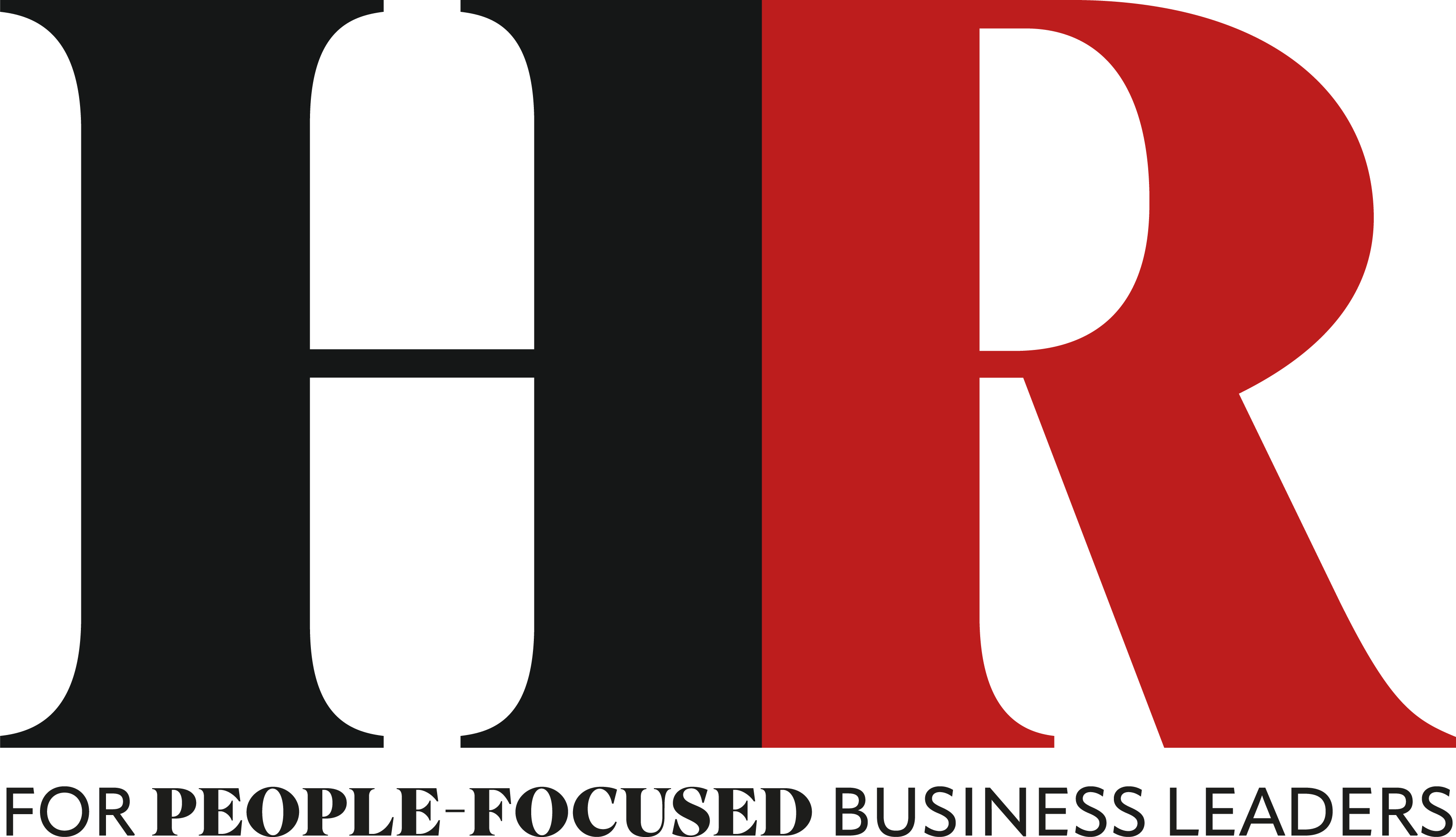Supporting Male Employees on International Men’s Day
)
For the past 15 years or so, International Men’s Day in the UK has grown from a small number of local events to one where employers, government departments and national charities are all involved. Around 600-800 organisations are involved in some same shape or form and there is even an annual Parliamentary Debate as well.
It is now established as the peak time for employers to support men’s health and is now firmly embedded as part of corporate health and wellbeing DEI initiatives.
Whilst officially it is one day (19 November), events stretch over at least the week before as well as the week it falls in. This allows employers to be flexible on when they take part, how to fit in with work schedules to ensure as many can take part, and the three overarching themes give employers a framework to adapt to.
What is International Men’s Day?
International Men’s Day was not created in the UK. It was initially created in 1992 and rebooted 35 years ago by Dr Jerome Teelucksingh in Trinidad and Tobago. The date of 19 November was chosen because it is both his father’s birthday and the date that that country’s football team qualified for the World Cup for the first time. Representing the very essence of International Men’s Day – a blend of the personal and the community.
Early adopters in the UK include University of Kent students raising funds for prostate and testicular cancer charities. A Brighton conference highlighting issues such as male suicide, sexual violence and domestic abuse. Plus, Hartlepool’s Rossmere Youth Centre who held an event on positive male role models aimed at the town’s teenage boys and girls. The centre is 60 years old this year.
In the UK, the Men and Boys Coalition charity adopted the platform and has overall responsibility. The key was to make it as accessible and flexible as possible, taking its cue from those early adopters. This is why it has three overarching themes which allow everyone everywhere to get involved, however they see fit.
Hence employers, large and small are running mental health sessions and prostate cancer checks for their male staff which aligns to “Making a positive difference to the wellbeing and lives of men and boys”.
Fundraising campaigns from pub quizzes to corporate donations as well and sports clubs highlighting support to their fans in the spirit of “raising awareness and/or funds for charities supporting men and boys’ wellbeing.
Schools, colleges, councils and campaigners highlighting the “promoting a positive conversation about men, manhood and masculinity”.
It really has taken root in the UK and this country has the most organisations taking part than anywhere in the world. The meme #InternationalMensDay dominates social media...until the Premier League match starts.
Why supporting men’s health increasingly matters to employers.
The impact on poor men’s health work is increasingly becoming an issue that employers are recognising – for both staff and customers. It harms productivity (lost hours, lost talent/experience and recruitment costs), harms internal morale and has a negative impact on work colleagues (from having to cover absences through to emotional distress at the plight of a male colleague).
The issues are also clear. 14 men every day in the UK from suicide with the rate in England now it’s highest this century. It is the biggest killer of men under 50. There are also clear occupational differences with the numbers of men in ‘blue collar’ roles such as construction, trades and in factory work being far higher than for men in ‘white collar’ roles.
In addition, one man in five does not live till 65, 33 men every day die of prostate cancer and ten men every month die from a work-related injury. Sobering facts and everyone a tragedy for each person but also for their family and work colleagues too.
It is why employers are taking men’s health more seriously. We have seen an increase in employers with male staff networks (around 35), more men’s charities being supported by employers through donations, sponsorships and the use of volunteering days too. It is also why International Men’s Day as been such a useful pivot and prompt for employers to get involved in supporting men in the workplace.
What can you do?
The International Men’s Day website has a huge amount of information from ideas, tips, facts, charities to support, logos, events and more. It also has a dynamic list of employers who are holding events, some external but most are internal. Getting speakers to talk about men’s mental health, types of physical health conditions, issues such as domestic abuse and managing work/life balance. Others are holding internal competitions like bake-offs and mentorship/role models too. Please feel free to replicate anything you see.
If you feel it is too late to organise anything like an event – it does not have to be large and many braches of bigger organisations are doing so.
In addition, you can do simple things such as a message for the CEO or another senior person saying how much they value their male staff (it works best if it is a message from senior female colleague). You can run simple internal message boards (like Teams) asking for men and women to say who their most inspirational man is in their life and why.
Your communications team can also issue external messages wishing a Happy International Men’s Day to your customers and staff. More seriously, you can also issue messages internally and externally with information about internal colleagues and charities they can contact for support including re-promoting any employer assistance scheme.
This is the whole point International Men’s Day. It is not the scale of what you do, it just that you take part – to make your male staff feel valued and supported. And of course, there is nothing to stop you doing this all-year round.
The best ever message I have ever seen about International Men’s Day is from Danielle in Scotland, she said on social media a few years ago “I am so fortunate to have so many wonderful men in my life. I am so grateful for all the love and happiness my fiancé, dad, papa and brother bring to my life. They all give me so much support and I treasure each moment we have together.” She captures the essence of what International Men’s Day is and why it matters to everyone.
Mark Brooks is a public policy adviser in the field of men’s health, inclusion and domestic abuse. He received an OBE for his work in this field five years ago. He is also a national ambassador for International Men’s Day. The International Men’s Day website is https://ukmensday.org.uk/ and his website is https://www.mark-brooks.co.uk
